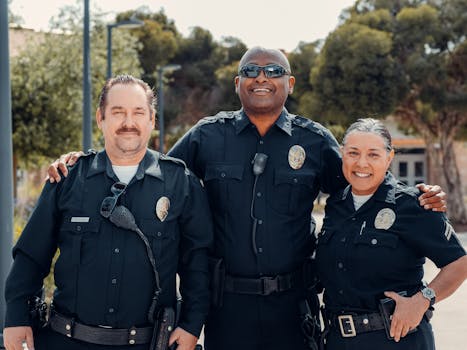You can do a degree in any subject then apply for a place on one of the police entry programmes, such as:
Alternatively, you can complete a 3-year Professional Policing degree at a participating university.
You are not guaranteed a job at the end of the course. Instead, you have to apply for police constable roles within 5 years of completing this degree.
If you want to train to be a detective, you can apply for a place on the 2-year National Detective Programme (NDP).
You will need a degree and at least 2 A levels or equivalent qualifications to apply for the NDP.
Entry requirements
You'll usually need:
- 2 to 3 A levels, or equivalent, for a degree




